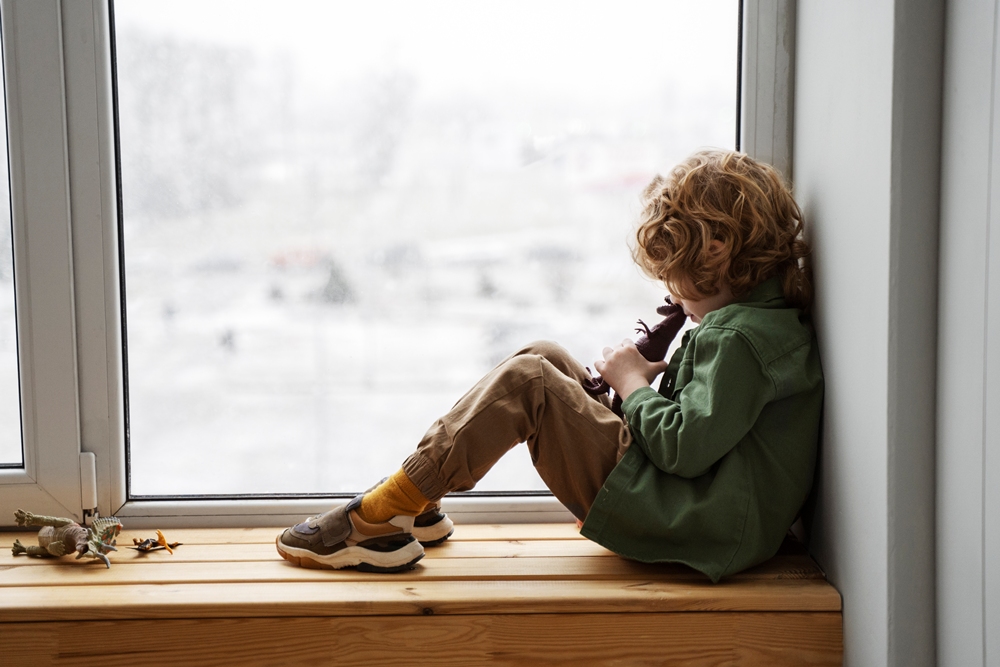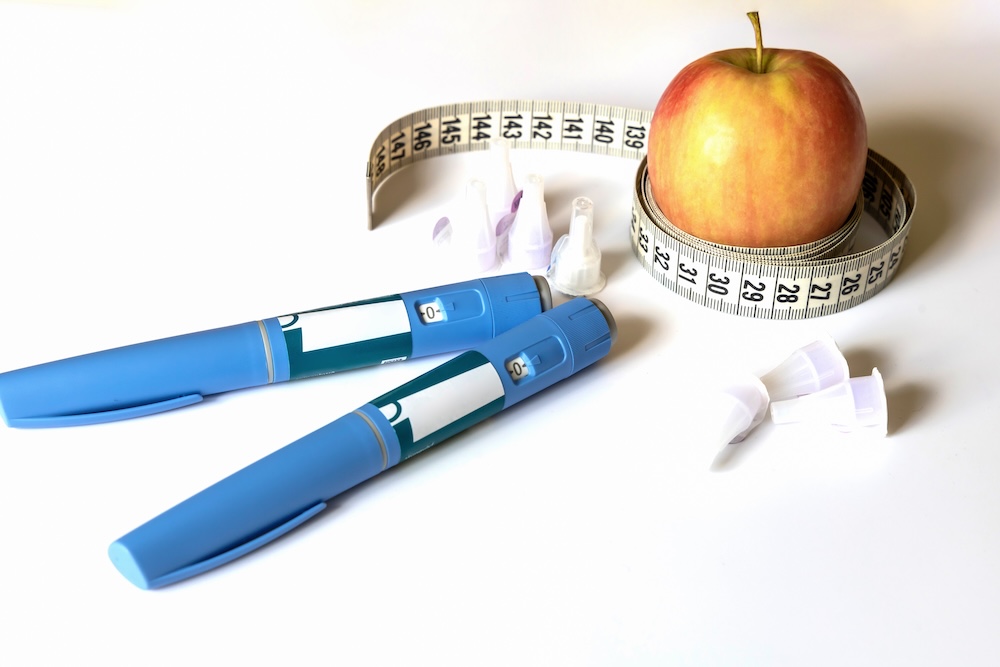News
Digital health platform Quil announces agetech partnership
The company will start working with California-based AI provider, People’s Power

The digital health platform Quilt has partnered with the AI provider to support innovation in the agetech market.
After announcing its home platform for seniors and caregivers in April, Quil has decided to incorporate People Power’s AI and Internet of Things platform.
The technology utilises ambient sensors placed around a senior’s living space to help the team monitor daily routines and notify a senior’s ‘Care Circle’ of any unusual developments.
“We are very excited to partner with People Power to solve an urgent market need for technology tools that support seniors and their caregivers while respecting seniors’ independence and privacy,” says Carina Edwards, CEO of Quil.
“This partnership helps Quil get closer to achieving our mission of helping people organise and navigate their health lives in partnership with their providers, health plans, and loved ones.”
David Moss, CEO of People Power Company, adds that: “The home platform, Quil Assure, leverages the most powerful AI platform for homes and communities, uniquely enabling the team to personalise their own human-like AI caregiving experiences for each family.
“Our partnership is in perfect alignment with our mission to reduce caregiver burden while respecting boundaries for multi-generational families who deserve peace-of-mind.”
With this partnership, both companies plan to continue to collaborate and bring innovative AI enabled health-tech senior focused solutions for aging at home.
Quil helps people organise their health lives in partnership with their providers, health plans and loved ones and serves both patients and caregivers. The company has previously partnered with multiple healthcare providers and health plans across the U.S.
News
Weight loss jabs my only temporarily reduce ‘food noise,’ study finds
News
Childhood loneliness linked to increased risk of dementia, study finds

Childhood loneliness increases the risk of dementia in later life, according to new research.
Adults who recalled being lonely and without a close friend in childhood faced a 41 per cent higher risk of developing dementia, even if they were no longer lonely as adults.
People who frequently felt lonely without close friends during youth showed accelerated cognitive decline — a worsening of memory and thinking — and started middle age with lower scores on these skills.
Researchers from universities in China, Australia and the US, including Harvard and Boston universities, analysed data from 13,592 Chinese adults tracked from June 2011 to December 2018.
The critical factor was the subjective feeling of loneliness itself. Those who reported often feeling lonely as children had a 51 per cent higher dementia risk, even if some had close friends.
However, those who only lacked close friends but did not feel lonely showed no significant difference in risk.
Nearly half of roughly 1,400 adults in the study reported being lonely and without close friends during childhood.
The 4.2 per cent who experienced both faced the highest risk of cognitive decline.
The link to dementia remained strong even for people who were no longer lonely in adulthood, suggesting early-life isolation can have lasting effects on brain health.
During childhood, the brain develops rapidly and is vulnerable to harm. Loneliness acts as a chronic stressor, flooding the developing brain with harmful hormones that can damage memory centres, and it reduces stimulation from social play and peer interaction that helps build robust neural networks.
A separate 2024 study of more than 10,000 older adults found that specific childhood hardships — including poverty, disruptive home environments or parental addiction — were directly linked to poorer cognitive function later in life.
Youth loneliness appears to be rising, partly linked to widespread social media use.
Among girls, 64 per cent aged five to seven, 67 per cent aged eight to 10, and 73 per cent aged 11 to 13 reported feelings of loneliness last year. More than a quarter of boys aged 11 to 17 in the US report feeling lonely.
Children face growing social isolation, with one in four Americans now eating every meal alone — a rate that has surged by over 50 per cent since 2003. Sharing meals with friends and family helps build bonds and positive memories in youth.
Fewer children are playing outside or joining team sports.
A recent study reported that one in three children do not play outside on school days, and one in five do not do so even at weekends.
The 2024 research found a direct, dose-dependent relationship between childhood adversity and cognitive problems in adults — the greater the early trauma, the greater the later risk.
For each significant increase in early trauma, individuals faced an eight per cent higher risk of daily memory issues and scored lower on objective tests of mental speed and focus.
News
Don’t miss you essential monthly agetech update

Your essential monthly update on agetech’s progress
Welcome to your monthly snapshot of the facts, figures, opinions, trends and challenges shaping the development of agetech.
Our new monthly tracker report aims to provide an concise update for busy agetech professionals on the many factors influencing your work.
Here you will find a concise breakdown of deals, developments and opportunities from the last 30 days; and insight and opinion from leading thinkers in the field.
We hope you find something useful and/or inspiring below – and welcome any feedback about what else you’d like to see included.

 News2 months ago
News2 months agoEarly diagnosis can improve ‘dementia journey’, charity says

 News4 weeks ago
News4 weeks agoGeneration Lab raises US$11m for ageing diagnostics

 Insights7 days ago
Insights7 days agoSnoring, silence, and the menopause taboo: The hidden health crisis affecting millions

 News1 month ago
News1 month agoHalf of Brits fear dementia more than any other condition, research finds

 News3 weeks ago
News3 weeks agoHospices in England forced to cut beds and staff amid funding crisis

 News2 months ago
News2 months agoCycling may lower dementia risk, study finds

 News1 month ago
News1 month agoNila raises US$2.4m for cross-border elder care

 News2 weeks ago
News2 weeks agoRendever secures nearly US$4.5m to fight isolation







































